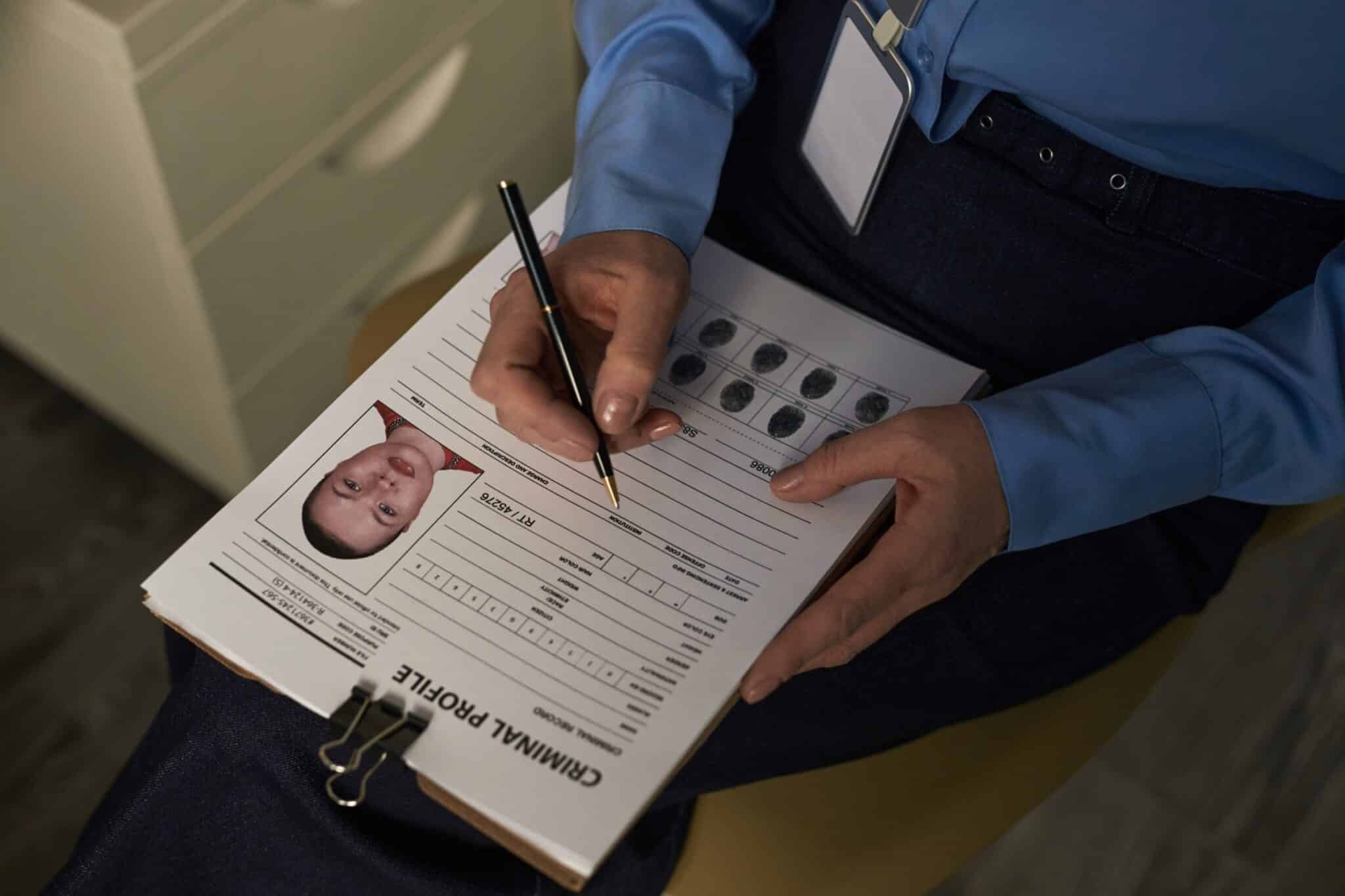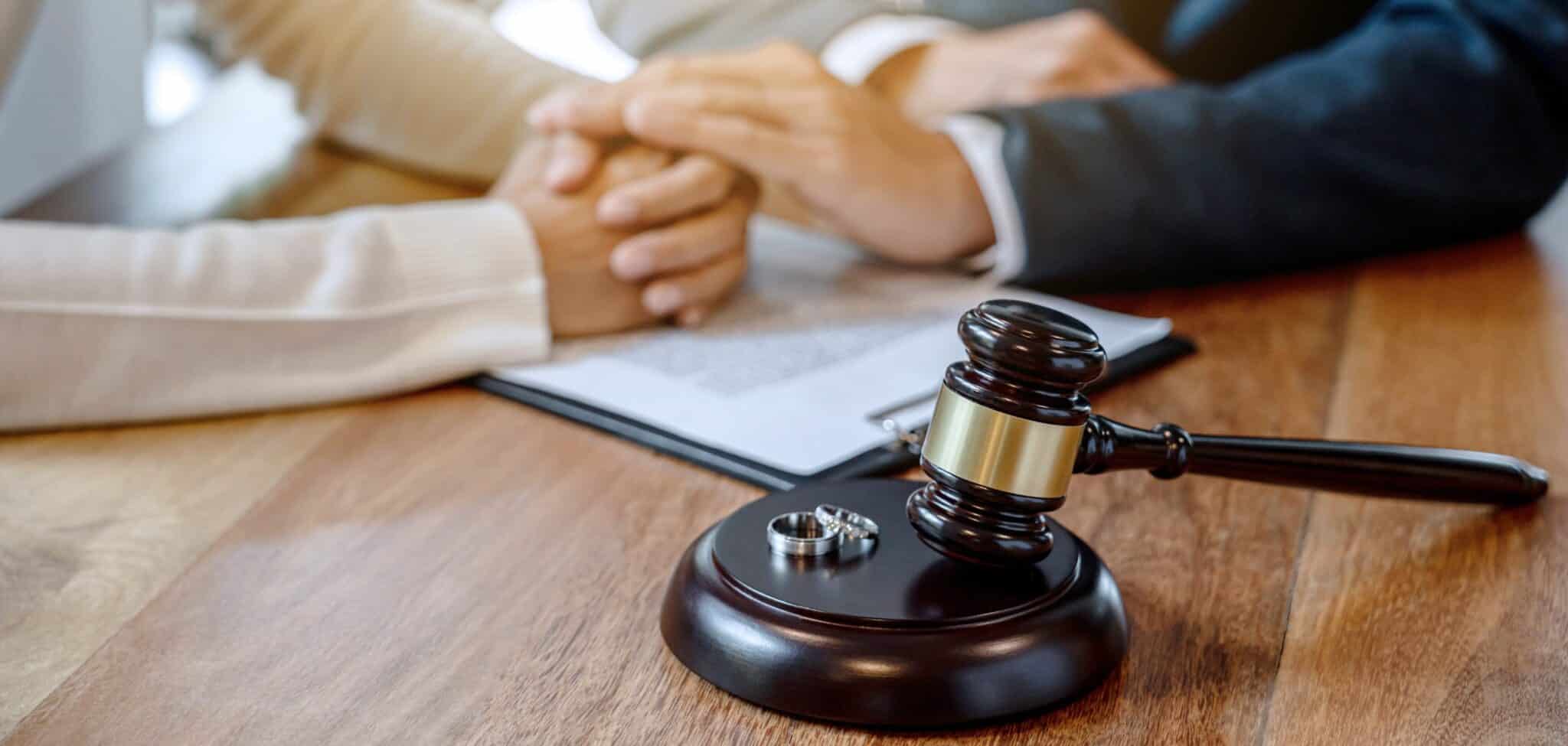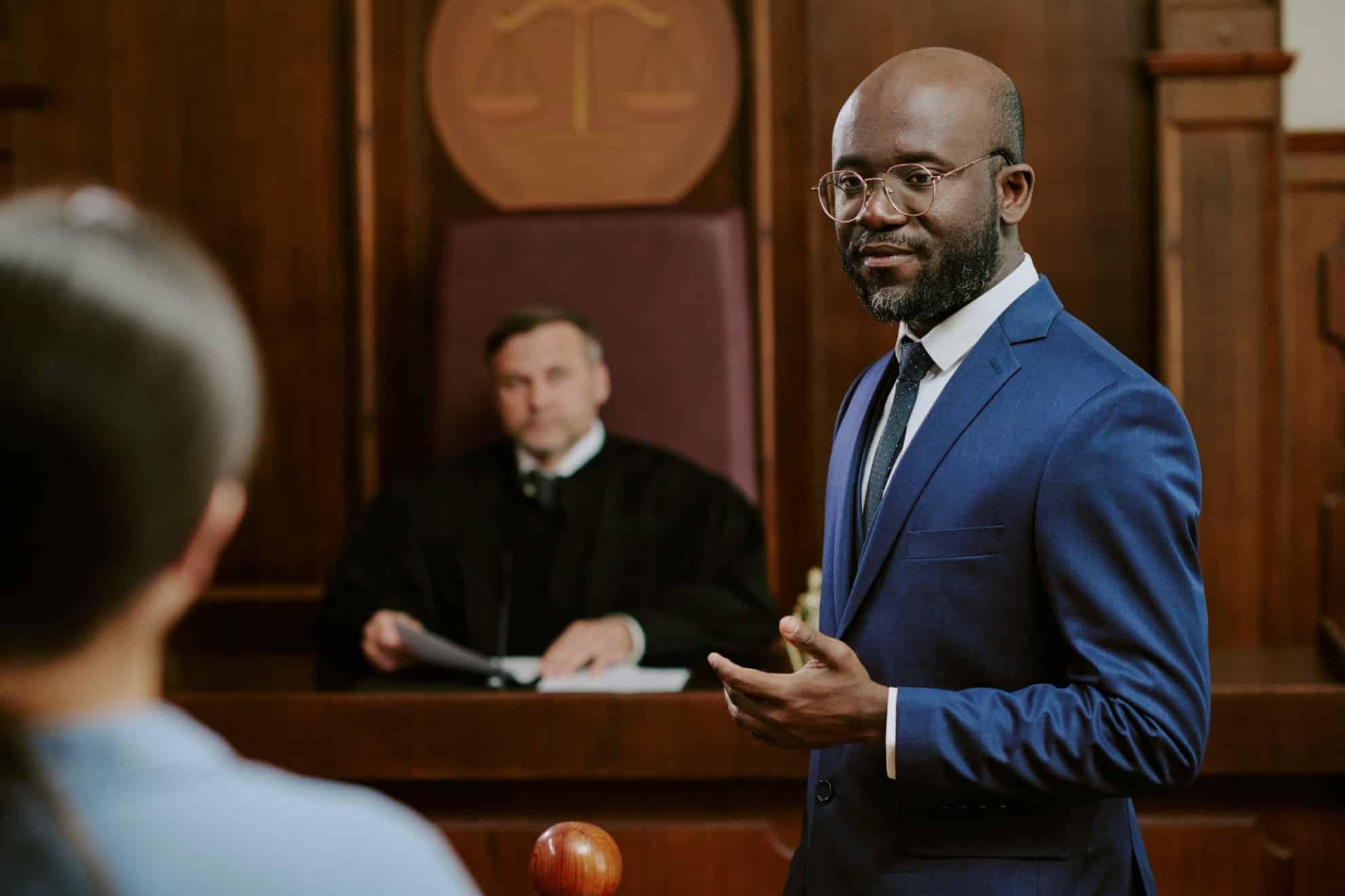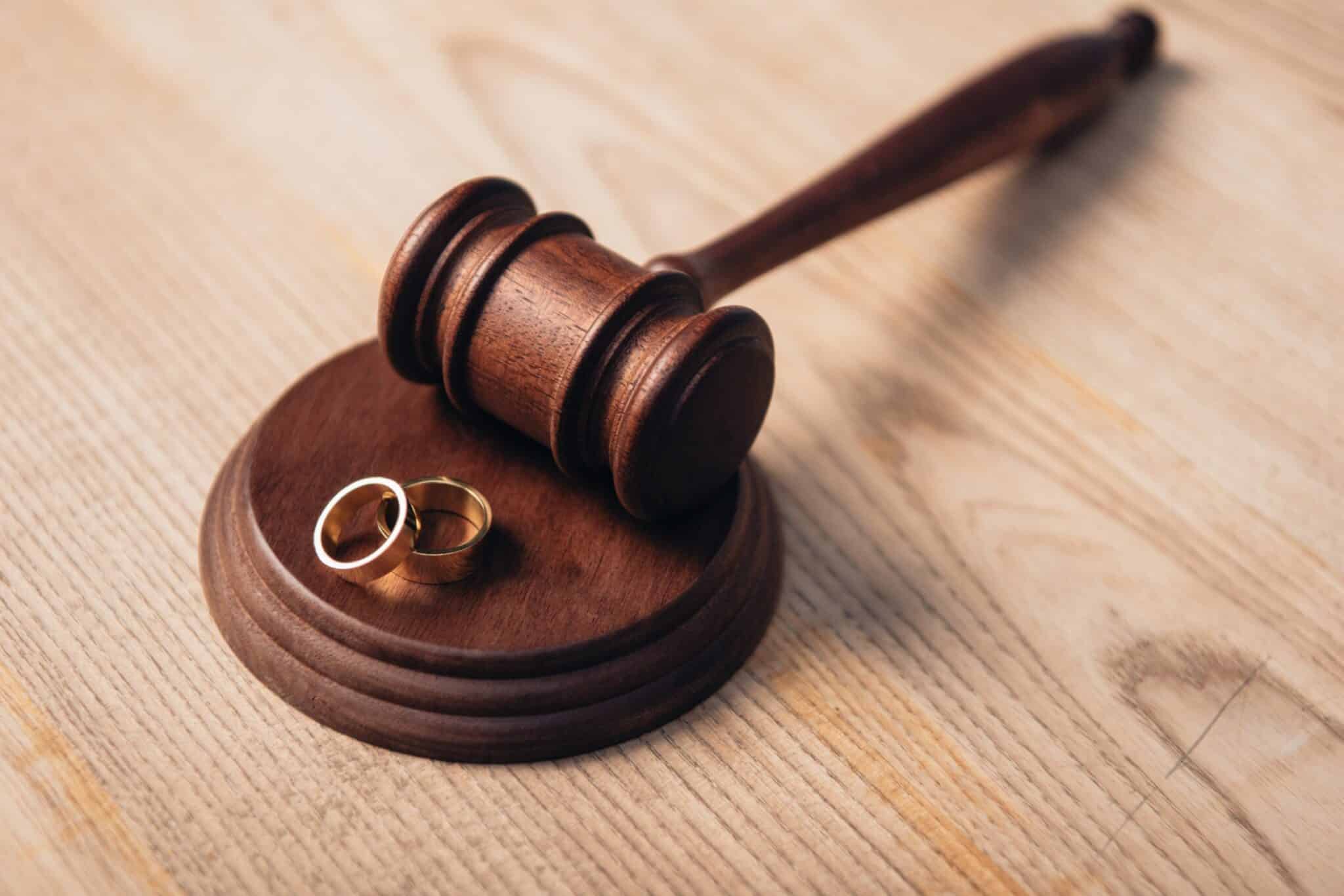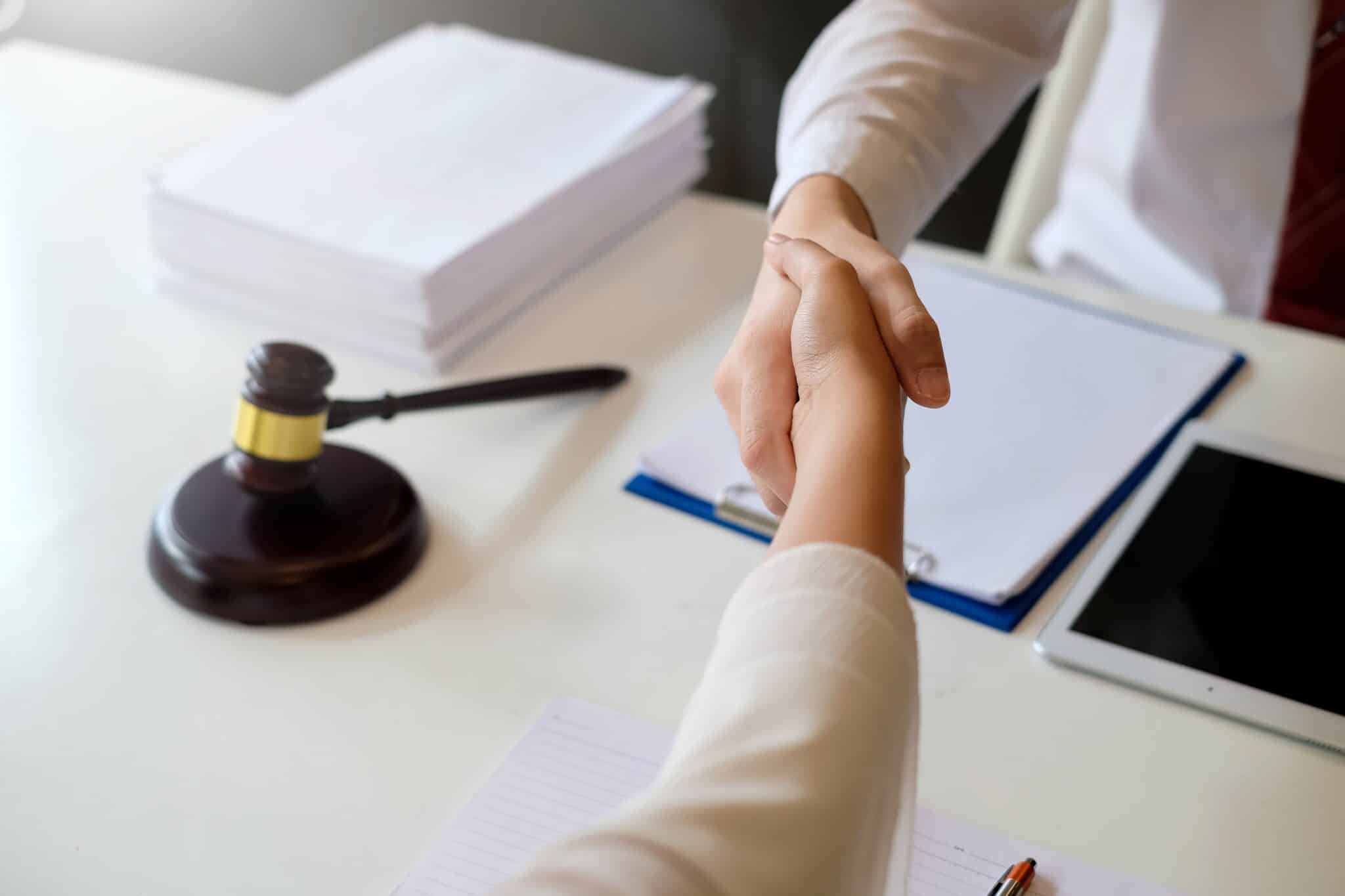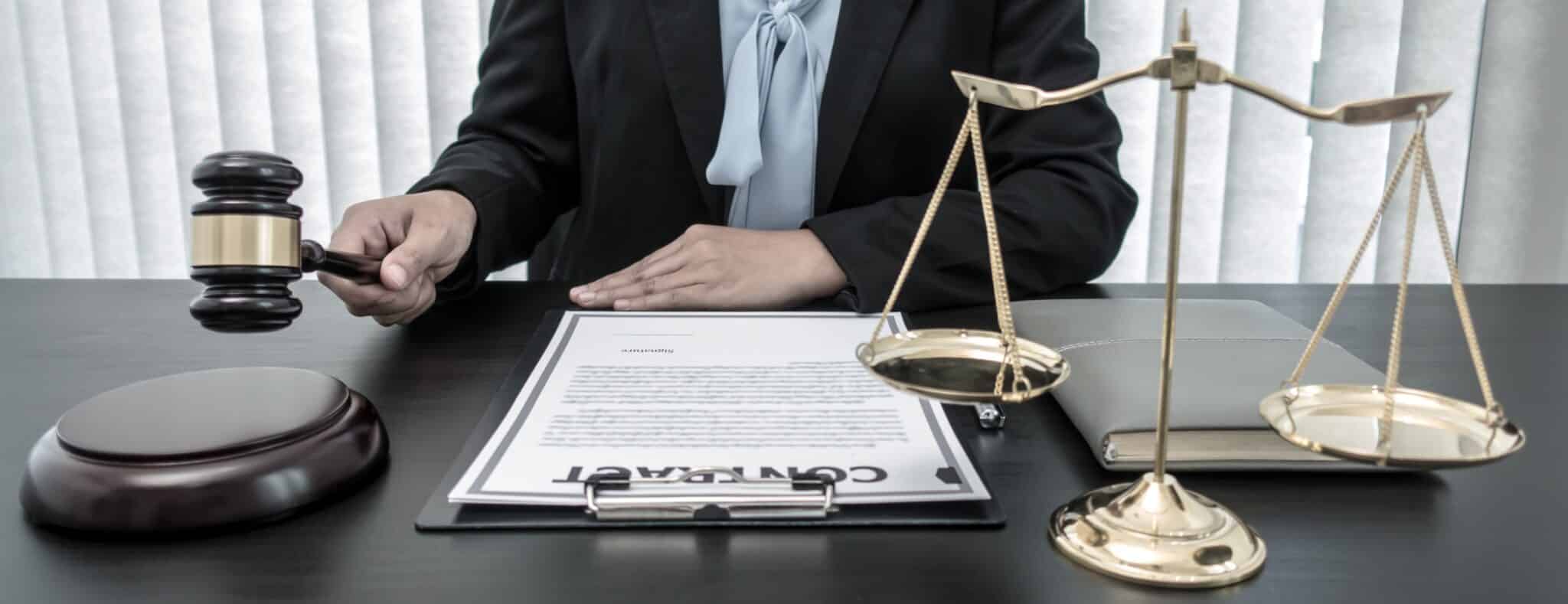FAQ: WHAT ARE MY RIGHTS DURING A POLICE INTERROGATION IN MISSOURI?
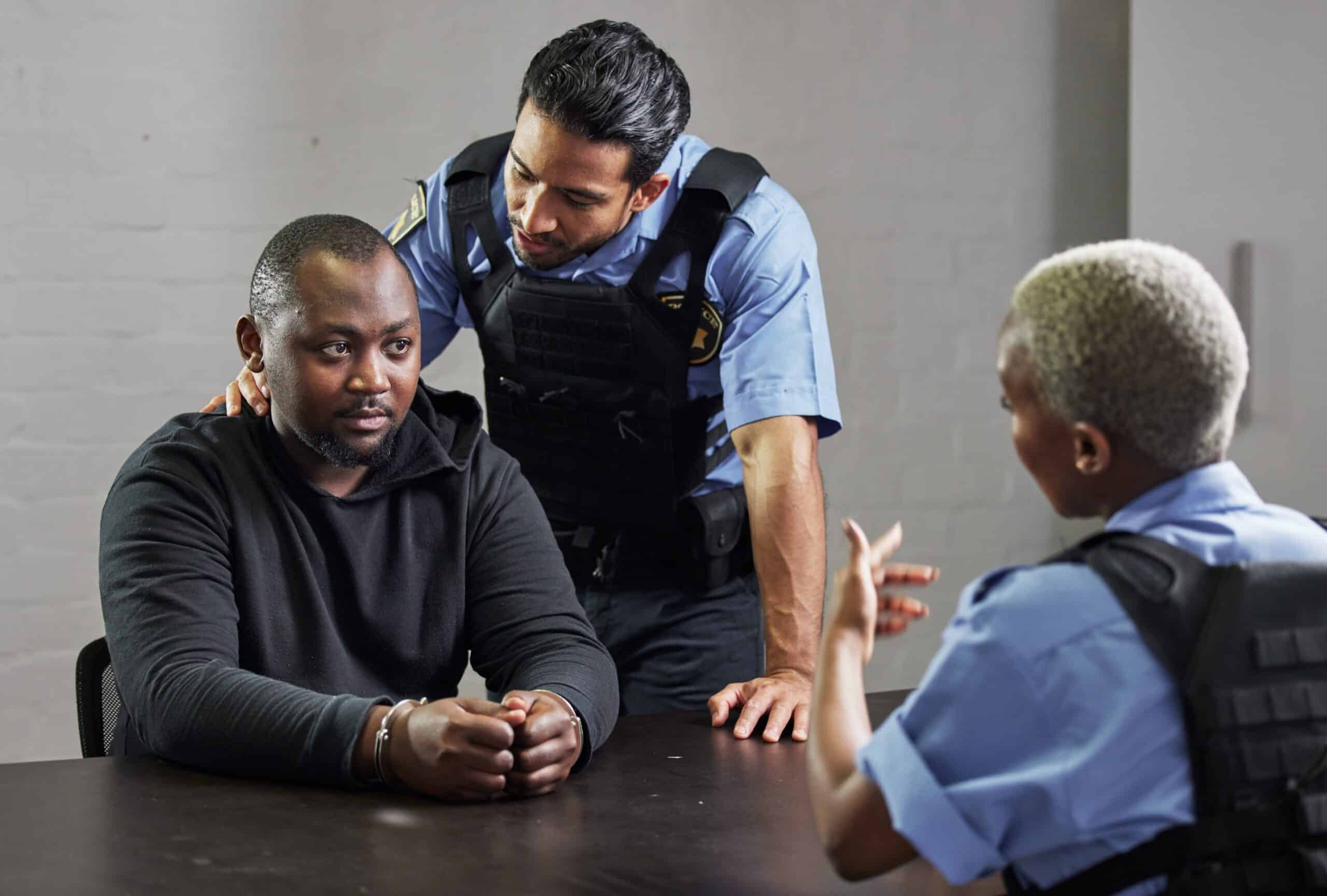
Being questioned by police is intimidating — and law enforcement counts on that fear to make people talk. Whether you’re in a Kansas City police station, sitting inside an interrogation room, or being questioned at the scene, the pressure is real.
But here’s the truth: you have powerful rights during a police interrogation, and knowing them can make the difference between freedom and conviction.
If you’re in this situation, understanding your rights — and having an experienced Kansas City criminal defense attorney protecting you is absolutely critical.
Do I have the right to remain silent during an interrogation?
Yes. And you should use it. Missouri law and the U.S. Constitution guarantee your right to remain silent. You are not required to answer ANY questions about:
- Where you were
- What you were doing
- Who you were with
- What the police think you did
One of the most protective things you can say is:
“I’m invoking my right to remain silent. I want a lawyer.”
Once you say this clearly, officers must stop questioning you.
Do police have to read me my Miranda Rights?
Only if you are both:
- In police custody, and
- Being interrogated.
If you’re not under arrest, or they’re just asking casual questions, they often won’t Mirandize you and anything you say can still be used against you later.
Even without Miranda warnings, you still have the right to remain silent. Invoke it early.
Should I talk to the police to “clear things up”?
No — and this is one of the biggest mistakes people make. Police are legally allowed to:
- Lie during interrogations
- Pretend they have evidence they don’t
- Say they “just want your side”
They do this to get statements that help the prosecution. Innocent people give damaging statements every day because they think talking will help.
If police want to talk, you need a lawyer. Period.
What if the police say things will “go easier” if I cooperate?
It’s a tactic — not a promise. Police have no authority to reduce charges, offer deals, or decide your punishment. Only prosecutors can do that. When officers say:
- “Help us help you.”
- “If you’re honest, you can go home.”
- “We already know what happened; we just need you to say it.”
…it’s designed to get you to speak without protection.
Your Kansas City criminal defense attorney will tell you if cooperating is actually helpful — and only after reviewing the evidence.
Can I ask for a lawyer during the interrogation?
Absolutely — and you should. Say it CLEARLY and WITHOUT EXPLANATION:
“I want a lawyer.”
Once you say this, all questioning must stop until your attorney arrives. If police continue questioning you, anything you say afterward can often be suppressed (thrown out) in court.
Can police continue questioning me if I never “officially” invoke my rights?
Yes. If you make statements voluntarily, police can use them — even if you didn’t fully understand your rights. That’s why you must clearly state:
“I am invoking my right to remain silent and want a lawyer.”
Don’t hint. Don’t speak vaguely. Make it unmistakable.
What if I already talked to the police — is it too late?
Not necessarily.
A skilled Missouri criminal defense lawyer can still:
- Challenge the interrogation
- Argue coercion or illegal questioning
- Suppress statements you made
- Limit how your statements are used in court
- Negotiate better outcomes
But the sooner you call a lawyer, the more can be protected.
YOU NEED AN EXPERIENCED KANSAS CITY CRIMINAL DEFENSE LAWYER TODAY
Police interrogations are designed to get confessions — not to find the truth. One wrong word can be twisted into evidence. One careless answer can become the centerpiece of the prosecution’s case.
If officers want to question you, or if you already spoke to them, you need an experienced Kansas City criminal defense lawyer near me immediately. At KC Defense Counsel, we know how to shut down unlawful interrogation tactics, protect your rights, and fight to keep your statements out of court.
Don’t face the police alone.
Don’t talk without protection.
Call KC Defense Counsel right now — your freedom depends on it.
Cities we serve: Adrian, Archie, Bates City, Belton, Blue Springs, Buckner, Butler, Cameron, Claycomo, Cleveland, Drexel, Fairview, Ferrelview, Gladstone, Grain Valley, Grandview, Greenwood, Houston Lake, Independence, Kansas City Missouri, Kearney, , Knob Noster, Lake Lotawana, Lake Tapawingo, Lake Waukomis, Lake Winnebago, Lawson, Lee’s Summit, Liberty, North Kansas City, Oak Grove, Oakview, Parkville, Peculiar,, Platte City, Platte Woods, Plattsburg, Pleasant Hill, Raymore, Raytown, Riverside, Smithville, Sugar Creek, Tracy, Warrensberg, Weatherby Lake, and Weston.
Statewide: Missouri State Highway Patrol and Sheriff Counties we serve: Bates County, Cass County, Clay County, Jackson County, Platte County, Ray County.
Contact our experienced Kansas City criminal defense lawyers near me in Missouri and let us help begin building your defense. Let us help.
Disclaimer: This page is for informational purposes only and does not create an attorney-client relationship. Always consult qualified counsel regarding your unique situation.



